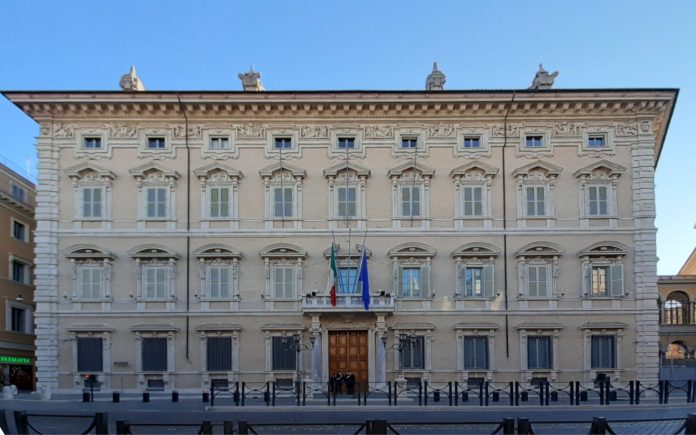by InTrieste
Italy is poised for a pivotal national debate over the future of its judicial system after the Senate on Thursday approved a sweeping constitutional reform backed by Prime Minister Giorgia Meloni’s government. The proposal, which seeks to fundamentally restructure the careers and oversight of judges and prosecutors, will now go to a confirmatory referendum after failing to achieve a two-thirds majority in parliament.
The legislation marks one of the most ambitious institutional changes advanced by Meloni’s right-wing coalition. At its core is a longstanding and contentious idea: separating the career tracks of judges and prosecutors, who currently enter the magistracy through a single competitive exam and may switch roles once during their early years of service.
Under the reform, candidates would choose from the outset whether to become judges or prosecutors and would no longer be able to transition between the two professions. The measure would also replace the current unified oversight body — the High Council of the Judiciary — with two separate councils, one each for judges and prosecutors. A new disciplinary court would be established to handle sanctions against magistrates.
Supporters argue the changes will strengthen impartiality and reduce what they see as entrenched internal networks and perceived political leanings within the judiciary. “A historic milestone,” Meloni said after the vote, adding it would lead to “a more efficient, balanced and citizen-oriented system.” The bill passed with 112 votes in favor, 59 against and nine abstentions.
The reform sits at the heart of Meloni’s fraught relationship with the judiciary, which her government has often accused of obstructing policy initiatives. This week, the prime minister sharply criticized the Court of Auditors after it blocked a major infrastructure plan to build a bridge over the Strait of Messina, calling the decision “intolerable interference.”
Opposition parties and magistrates’ associations, however, warn that the reform risks weakening judicial independence — a pillar of Italy’s postwar constitution — and potentially concentrating power in the hands of the executive. The National Association of Magistrates said the bill “alters the power structure designed by the constituent assembly and jeopardizes the full implementation of the principle of equality before the law.”
Elly Schlein, leader of the center-left Democratic Party, called the reform a government attempt “to put itself above the laws and the constitution.” Giuseppe Conte, head of the Five Star Movement, accused the coalition of seeking “full powers.”
The idea of separating judicial careers has circulated in Italian politics for decades and holds particular symbolic weight for Forza Italia, the party founded by the late Silvio Berlusconi. The former premier long argued that left-leaning prosecutors targeted him unfairly during his years in office. Following Thursday’s vote, his daughter Marina Berlusconi hailed the Senate approval as vindication of his claims, as party members unfurled a large banner of him in Rome’s Piazza Navona.
Justice Minister Carlo Nordio, who championed the bill, said the referendum would likely take place between mid-March and mid-April 2026, adding he hoped the campaign would avoid becoming overly partisan. But with the reform touching one of Italy’s most sensitive institutional balances — and arriving amid sharp rhetoric between the government and judiciary — a charged national vote appears all but certain.































